Get opened, get read — and get home early — with these techniques
Want to boost your open rates? Get more media coverage? Otherwise boost your writing skills?

As we plan our upcoming Master Classes, I’ve been creating a lot of new slides. Here’s a sneak peek at some of my favorites.
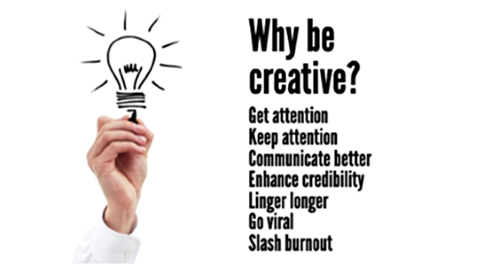
1. It’s not fluff. Creative material boosts readership and more. So how can you write more stories, metaphor, wordplay and other creative content?
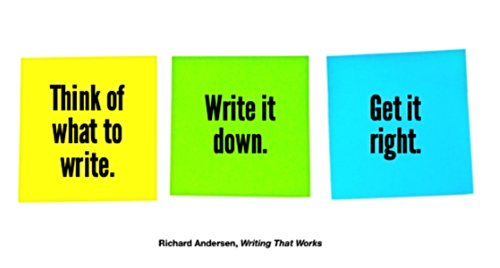
2. Master a better writing process.
Want to write better, easier and faster? You may need to unlearn the writing process you were taught in school. Most of us learned to think of what to write, write it down and get it right all at once. That’s too much to handle!
But if you’ll break that practice into three steps — 1) prewrite, 2) write and 3) rewrite — you’ll soon be writing better, easier and faster.
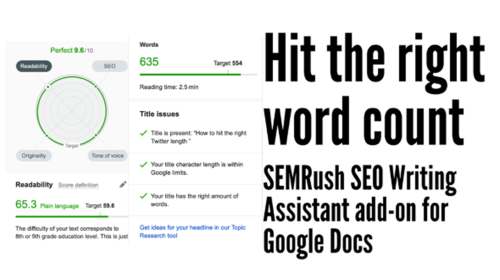
3. How long should your blog post be? SEMRush analyzes successful posts to let you know what Google will rank for your search term. Get word length, keywords to use, readability levels and more.
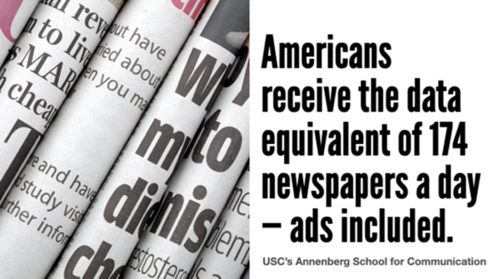
4. Cut Through the Clutter. In a world of information overload, how do you get readers to pay attention to, understand, remember and act on your message?
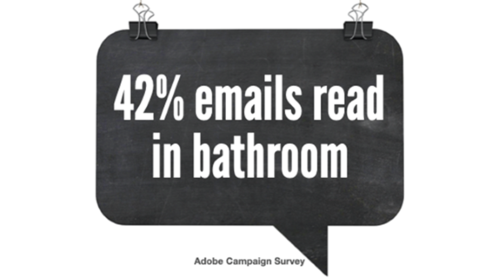
5. Write emails for the small screen. You never know where your email blasts and newsletters are getting read. As more of your recipients read your email newsletters and e-blasts on their smartphones, you need to write emails for reading on smartphones.
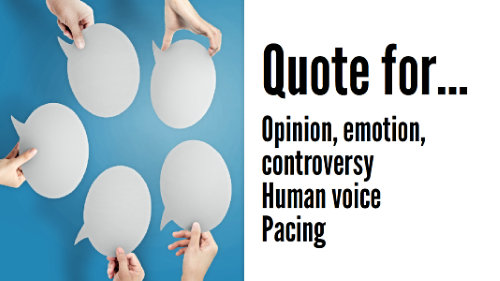
6. Are you quoting every VP in your news release? Stop that. Quote to communicate opinion, emotion or controversy, to give a human voice to your message and to change the pace of your release. Otherwise, paraphrase. Are you using best practices for news release sound bites?
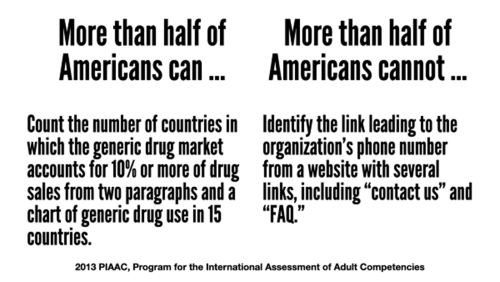
7. Reach readers where they are, not where you wish they would be. Most Americans have basic or below-basic reading skills. That means that if you write at the 9th-grade level, you’ll miss 88% of U.S. adults. Reach real readers with the right readability levels.
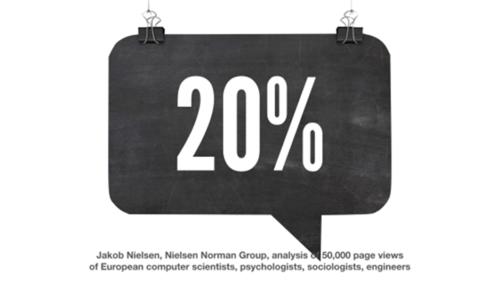
8. Reach readers where their eyes are. Even highly educated European scientists read only 20% of the words on a webpage. But which words are they reading? Reach readers online with mobile-writing best practices.